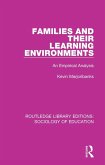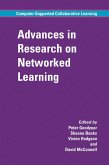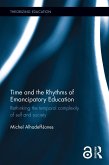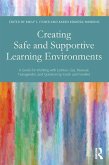What do we mean when we say that "e;learning environments are increasingly complex"e;? What do we know about the cognitive processing that occurs during complex learning? How can we provide effective instructional support for students who must learn and apply complex knowledge? These questions, and related issues, have fascinated educators and educational researchers for many years and are they are the focus of this book. As a tribute to Joost Lowyck, professor educational technology at the K.U. Leuven, eminent scholars from around the globe have contributed to a far reaching analysis of complexity in learning environments from a cognitive perspective. The chapter authors summarize what we know now about complexity and make specific suggestions for educational practice and for future research on complexity. The different contributions in the several chapters discuss theoretical accounts and empirical findings about learning, the learner, and learning environments. Wide-ranging topics include current descriptions of our cognitive architecture, new contributions to cognitive load theory, research and evaluation design considerations, motivation to learn, the influence of prior knowledge, the use of simulations and multimedia, alternative instructional methods and interventions, studies of the classroom context for complex learning and mental model-building. This book is a tribute to Joose Lowyck, professor educational technology at the KU Leuven. International scholars provide far reaching analysis of complexity in learning environments from a cognitive perspective. It makes specific suggestions for educational practice and for future research.
Dieser Download kann aus rechtlichen Gründen nur mit Rechnungsadresse in A, B, BG, CY, CZ, D, DK, EW, E, FIN, F, GR, HR, H, IRL, I, LT, L, LR, M, NL, PL, P, R, S, SLO, SK ausgeliefert werden.









